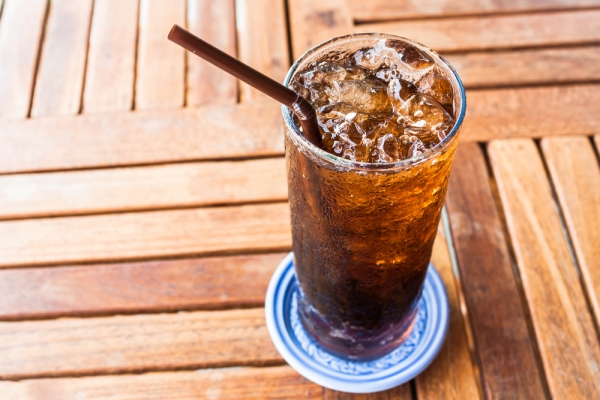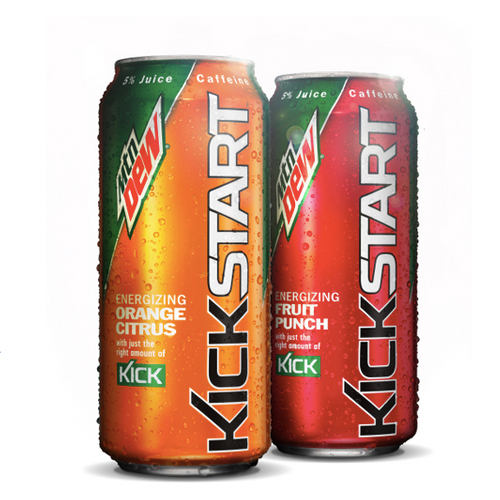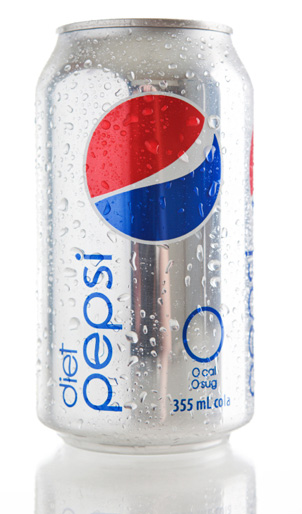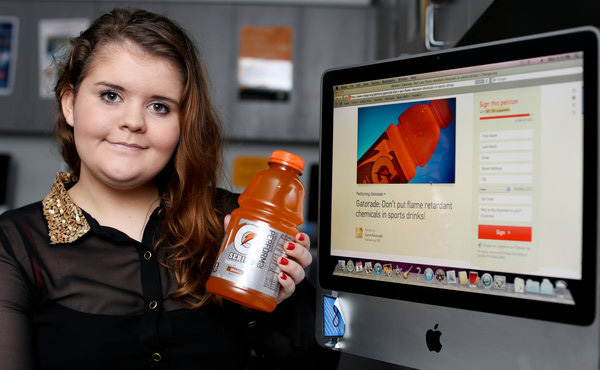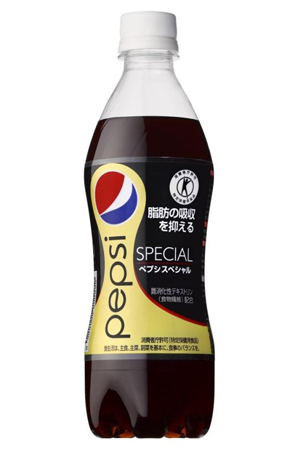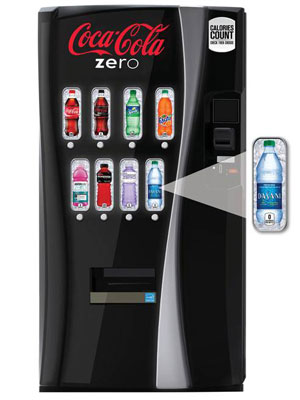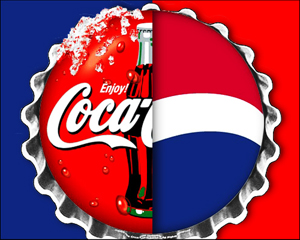The Lorax isn’t directly connected with the dietetic field, but if he speaks for the trees then they are speaking for the health of humanity. The Lorax’s sage words, “Unless someone like you cares a whole awful lot, Nothing is going to get better. It’s not,” could be the motto of a recently formed group called Dietitians for Professional Integrity.
For now their presence is largely on Facebook and they’re working together, with both dietitians and concerned citizens, to make sure the field’s largest trade organization, the Academy of Nutrition and Dietetics (AND), hears not just their complaints but their calls to action.
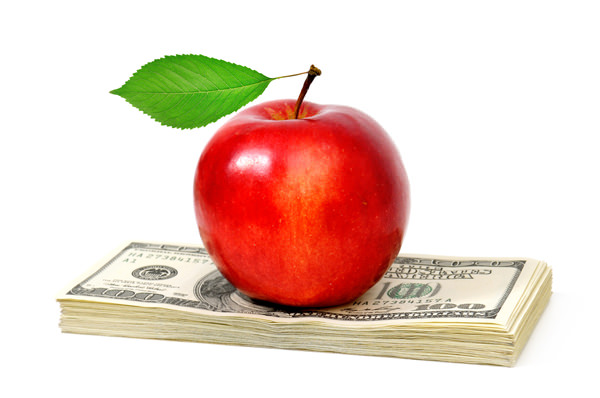
See, the AND accepts sponsorship dollars to keep their organization rolling. But Andy Bellatti, creator of Dietitians for Professional Integrity, and his colleagues are calling bull – these sponsorships are paid for by the very brands these professionals are working hard against.
“Our main initiative is to have the Academy cut ties with its current sponsors,” noted Bellatti.
When you take a look at their on-going corporate sponsors, that’s where you can see how these dietitians are saying the AND “soils the good name of registered dietitians,” according to our Mary Hartley, RD.
Coca-Cola, Pepsi, Hershey, Abbott Nutrition (which produces Similac), General Mills, and Kellogg’s are some of the organization’s major sponsors. It’s cause for red flags amongst the organization’s members and the citizens who support this movement.
“The big picture issue is how Coca-Cola teaches webinars to RDs, how McDonald’s serves lunch at the California Dietetic Association conference, and how PepsiCo and Coca-Cola are financial contributors to the Academy’s Evidence Analysis Library,” declared Bellatti. To that, Monsanto sponsored the New York State Dietetic Association’s annual meeting.
“The organization chooses to align itself with these brands. It’s misguided,” he said. “It makes us look tone deaf during a public health crisis.” (more…)

